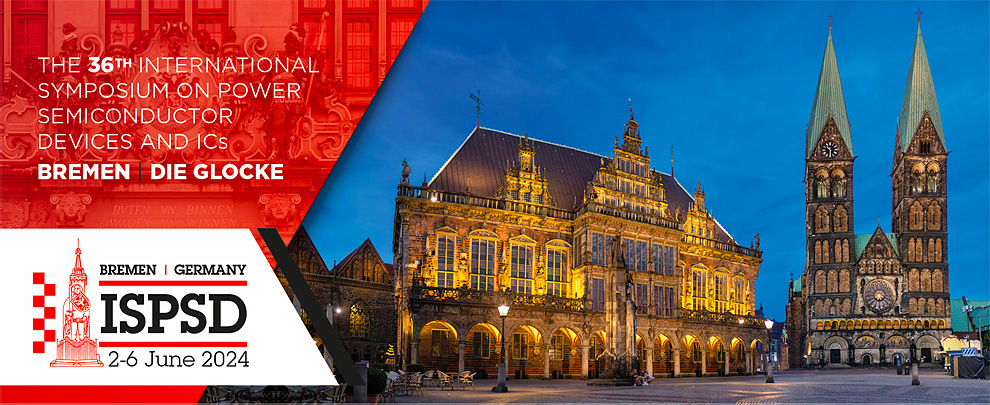Towards Circular Economy Compatible Power Electronics
Limiting global warming necessitates the renewable energy transition, i.e., a new net-zero-CO2 energy system that will be mostly electric. This implies a massive expansion of the electric grid infrastructure in general and a massive deployment of power electronic converter and energy storage systems in particular. However, converter systems installed today will reach their end of life typically before 2050, i.e., before the commonly accepted date for reaching the net-zero-CO2 target. Given the sheer scale of the future all-electric energy system, the maintenance/replacement effort might thus deplete scarce raw material resources and cause large volumes of (electronic) waste and associated environmental problems if the current linear economy approach (take-make-dispose) is maintained. Instead, a transition towards a circular economy is mandatory to ensure that the net-zero-CO2 target is reached on a sustainable basis, i.e., with minimized environmental impact.
Clearly, established power electronics design procedures focused on maximum power density or maximum efficiency are not adequate anymore. Therefore, this short course first introduces life-cycle assessments (LCAs) of power electronic converter systems to quantify environmental impacts (carbon footprint, release of toxic substances, etc.) embodied in a system and accrued during the use phase due to conversion losses. Using exemplary three-phase converter systems (PV inverters and motor drives), we then extend the commonly employed multi-objective efficiency-vs.-power-density Pareto optimization to include environmental impacts like carbon footprint or damage to ecosystems as further optimization dimensions, considering the entire life cycle including the use phase. Finally, steps towards embedding environmental awareness into the power electronics design process are outlined, targeting full circular economy compatibility of power electronics as a main enabler of the net-zero-CO2 society.
Johann W. Kolar
Johann W. Kolar is a Fellow of the IEEE, an International Member of the US NAE and a Full Professor and Head of the Power Electronic Systems Laboratory at the Swiss Federal Institute of Technology (ETH) Zurich. He has proposed numerous novel converter concepts incl. the Vienna Rectifier, has spearheaded the development of x-million rpm motors, and has pioneered fully automated multi-objective power electronics design procedures. He has supervised 90+ Ph.D. students to completion, has published 1000+ IEEE journal and conference papers, 4 book chapters, and is named as inventor or co-inventor in 44 international/WO patents, 28 US patents, and 100+ patents registered in various European countries, all assigned to global industry research partners. He has served as IEEE PELS Distinguished Lecturer from 2012–2016. He has received numerous awards incl. 45+ IEEE transactions and conference Prize Paper Awards, the 2016 IEEE William E. Newell Power Electronics Award, and 2 ETH Zurich Golden Owl Awards for excellence in teaching. His current research focuses on ultra-compact/efficient WBG converter systems, ANN-supported multi-objective design procedures, Solid-State Transformers, ultra-high speed drives, bearingless actuators, and life cycle analyses of power electronics converter systems.
Jonas Huber
Jonas Huber is a Senior Member of the IEEE and a Senior Researcher with the Power Electronic Systems Laboratory, ETH Zürich, since 2020. He has received the MSc and PhD degrees from ETH Zürich, Switzerland, in 2012 and 2016, respectively, and gained industry experience as an R&D Engineer with ABB Switzerland, working on high-power dc-dc converters for traction applications, and as a Business Development Manager with a Swiss grid operator. He has published more than 50 journal/conference papers and filed more than 10 patents. His research interests include all types of WBG-semiconductor-based ultra-compact, ultra-efficient or highly dynamic converter systems, and their environmental impacts.

